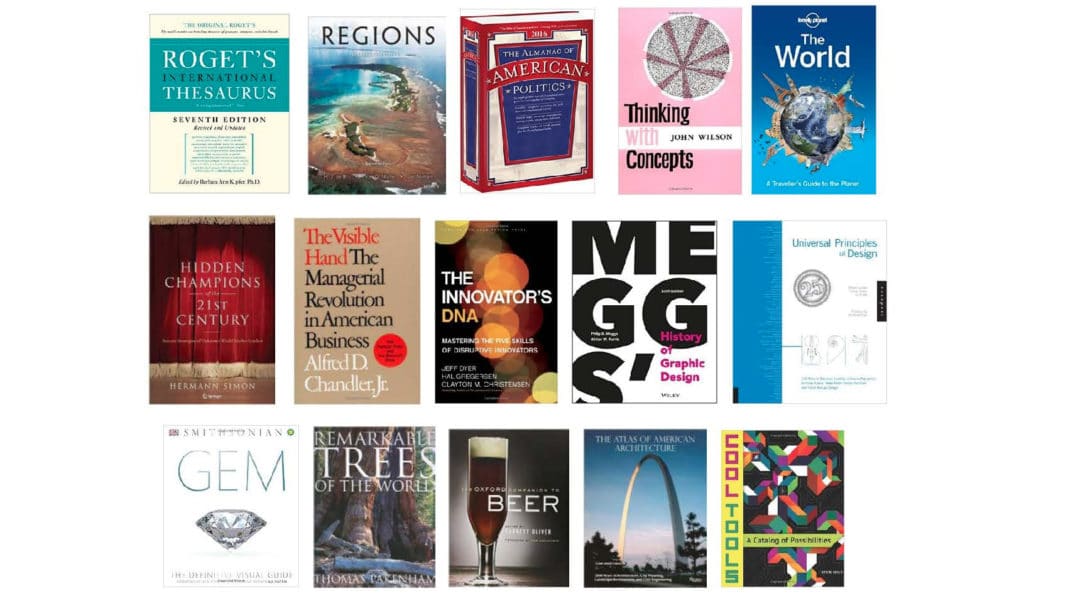|
As you will not be surprised, I have been glued to the tube tracking developments in Iran. I have most of the bestselling and most-often-recommended books on that nation. I am continually referring to two books from my April 14 post, “Understanding the Middle East.” In recent days, the books covered in that review that I have found most helpful are these two – both cover Iran in depth:
(1) A compact alphabetical “encyclopedia” of the Middle East is The Essential Middle East: a Comprehensive Guide, by Dilip Hiro (Carroll and Graf Publishers, 2003). This affordable paperback contains over 600 pages of entries, everyone from Osama Bin Laden to Saddam Hussein and every event, place, or group you might want to know more about.
(2) If your interest runs to recent and current politics and political leaders, a great book that goes through the region nation-by-nation – and includes the Maghreb through Morocco – is The Government and Politics of the Middle East and North Africa, written by individual experts and edited by David E. Long, Bernard Reich, and Mark Gasiorowski (Fifth Edition, Westview Press, 2007).
But Iran is also a great case of the power of a good travel guide. I doubt Lonely Planet sells many copies of their Iran book in the US. But there is no better book to understand the real world of this nation – from parks and museums to the major cities and their differences, from architecture to history. If other great travel guide publishers like Eyewitness Guides and Rough Guides had books on Iran, I would be praising them, too. But nobody covers the “low tourism” countries like Lonely Planet, now majority-owned by the BBC.
I am always amazed by people who don’t use travel guides when they travel. Not only do I use them when I travel, I use them when I think about business, economic, political, and cultural aspects of a nation. Long gone are the days when travel guides were black and white lists of hotels and restaurants with a few museums tossed in.
Today a good travel guide is a virtual encyclopedia about each nation, region, or city. And they are updated far more often than most textbooks and reference books – usually every year or two.
I perhaps most often turn to the beautiful Eyewitness Guides because they are well-organized, full of beautiful color photos and illustrations, and comprehensive about culture and history. The fatter books from Rough Guides, Lonely Planet, Avalon, and Footprint have even more detail.
The next time you get curious about the news, history, or geography, don’t forget to check out the travel section of your local bookstore, or your favorite website!
|
|











